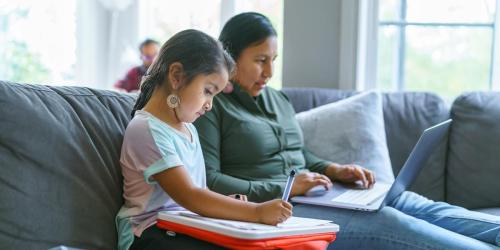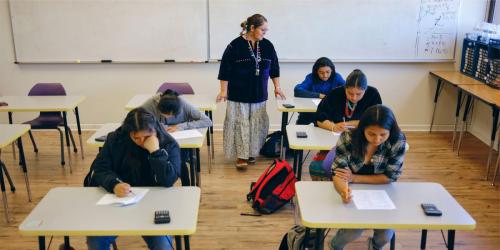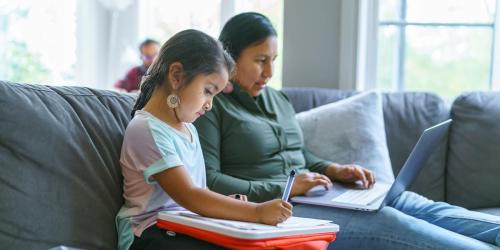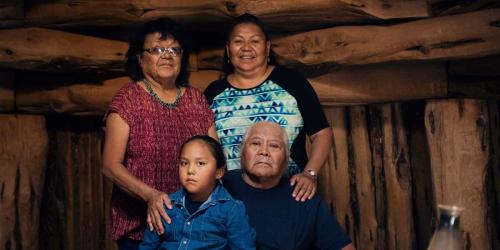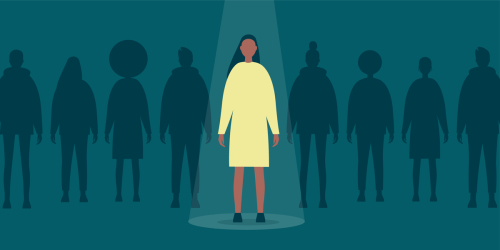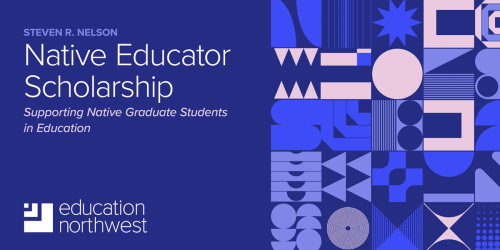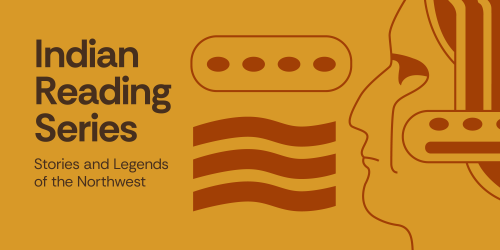We compiled this list of resources containing information on what changes schools can make to create a more welcoming school climate and increase the engagement of American Indian and Alaska Native families in schools.
Culturally responsive systems are the key to improving outcomes for American Indian and Alaska Native students in school and in life.
Mandy Smoker Broaddus shares a set of steps that can make an immediate impact in helping American Indian students and community members feel welcome at school.
Centering cultural responsiveness on youth, families and elders and making cultural connections across the curriculum are two of the family engagement strategies shared in this blog post.
This brief serves as a resource for K–12 districts, state education agencies, higher education institutions and district Title VI Indian education offices.
Guest Blogger Jason Younker writes on the challenges colleges face in identifying their American Indian and Alaska Native students and the solution that U of O developed to better serve the community.
Mandy Smoker Broaddus writes on how Montana is creating language-immersion elementary classrooms as one strategy to restore and revitalize Native languages.
Laura John writes about how Montana's graduation rates for American Indian students are rising and the state's various programs and initiatives that are helping close the achievement gap in Indian Country.
Education Northwest has launched a new scholarship program for Native educators called The Steven R. Nelson Native Educator Scholarship Program.
A publications that provides training for use of the Indigenous Culture-Based Education Rubrics, which were originally developed to measure culture-based education (CBE) program levels in partner schools.

Native American students have the lowest graduation rate among all racial and ethnic groups in the Northwest, a dire fact that fueled the conversation at a recent meeting convened by the Northwest Comprehensive Center.
In 1972, Education Northwest received funding from the National Institute of Education for the development of a community-based reading and language arts program especially for Indian children.
